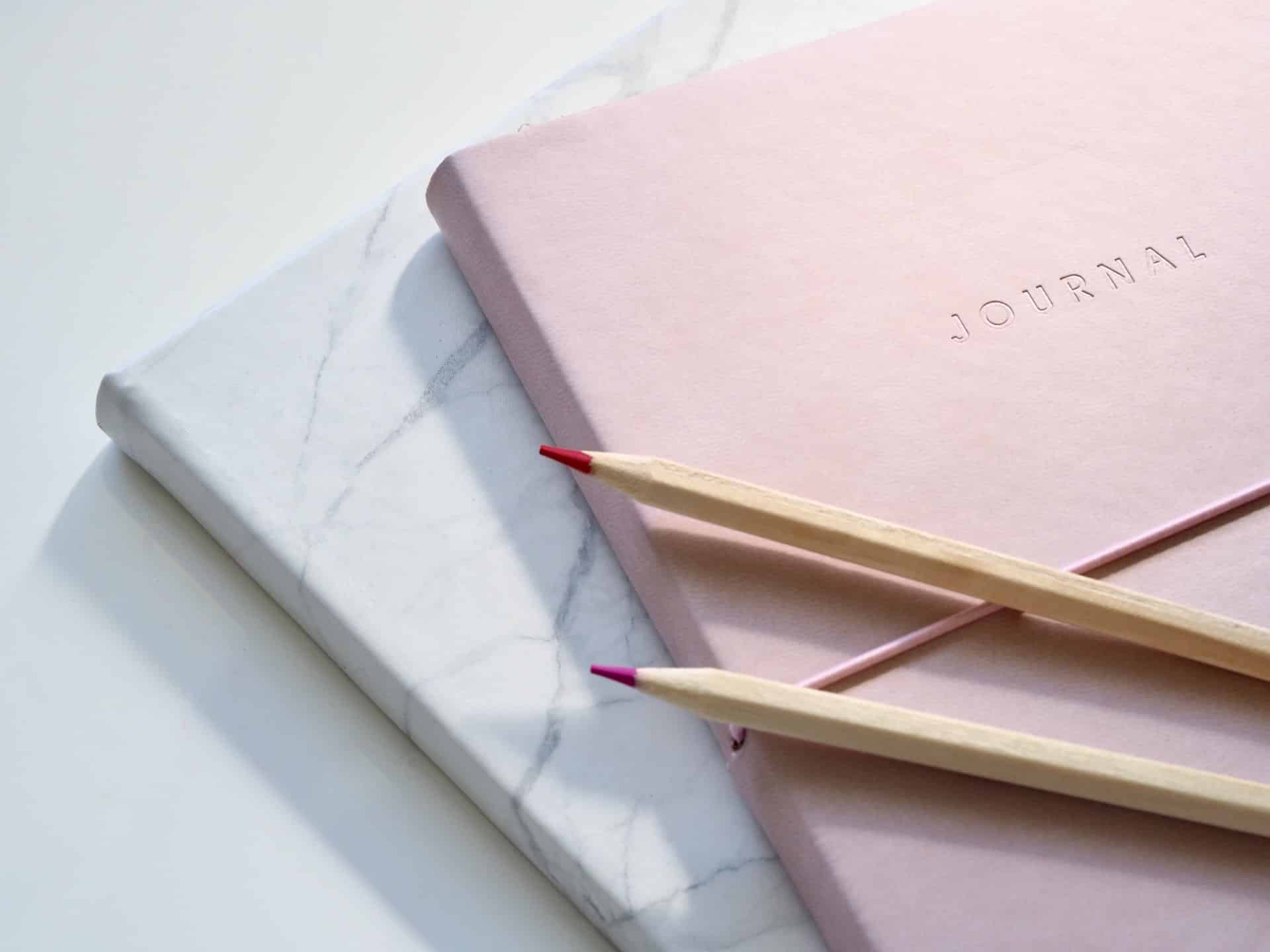7 Herbs for an Uplifting and Peaceful Spiritual Bath Experience
Are you looking for a way to connect with your higher self and find inner peace? Have you considered using herbs in your spiritual bath practice?
Herbs have been used for centuries in spiritual and healing rituals and can be a powerful tool in promoting feelings of calm and clarity.

From lavender to jasmine, there are countless herbs to choose from, each with its own unique properties and benefits.
Table of Contents
Use These Herbs To Make Your Bath A Spiritual Experience
In this article, we’ll explore seven herbs that are perfect for an uplifting and peaceful spiritual bath experience.
We’ll also provide some tips on how to use these herbs and what to consider when incorporating them into your spiritual practice.
Lavender: The Calming Herb
Lavender is a fragrant herb that is known for its calming and relaxing properties. It can help to soothe the mind and promote a sense of inner peace.
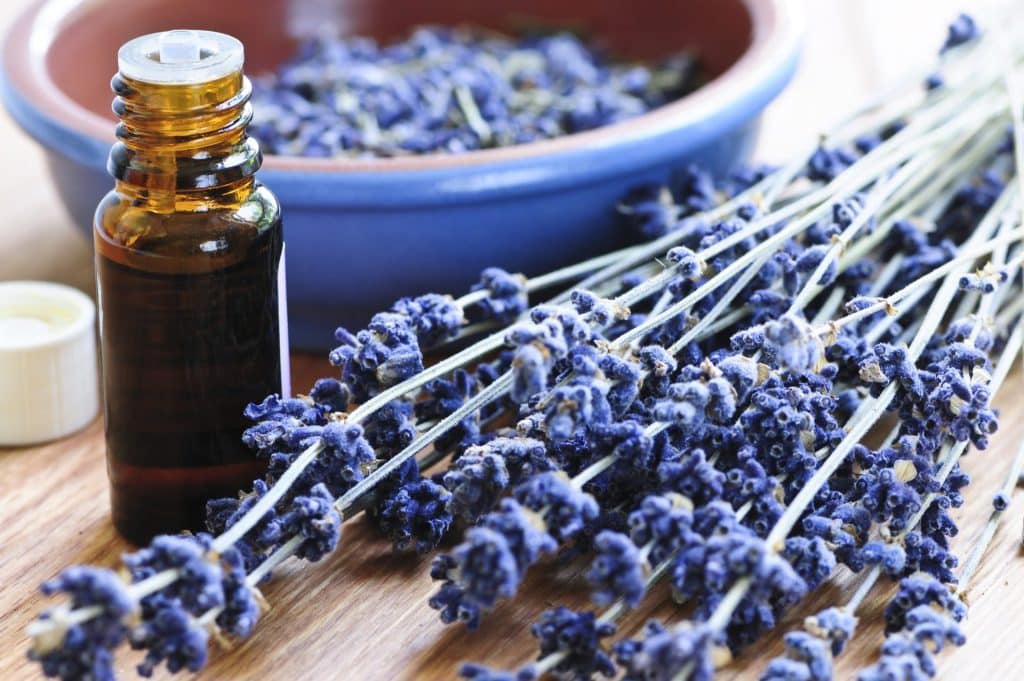
To use lavender in your spiritual bath, add a handful of dried lavender flowers to a muslin bag or tea strainer and place it in the bath water. You can also create a lavender infusion by steeping the herbs in hot water and adding the liquid to the bath.
Rose: The Flower of Love and Compassion
Roses are often associated with love, compassion, and the divine. They can help to open the heart chakra and promote feelings of love and acceptance.
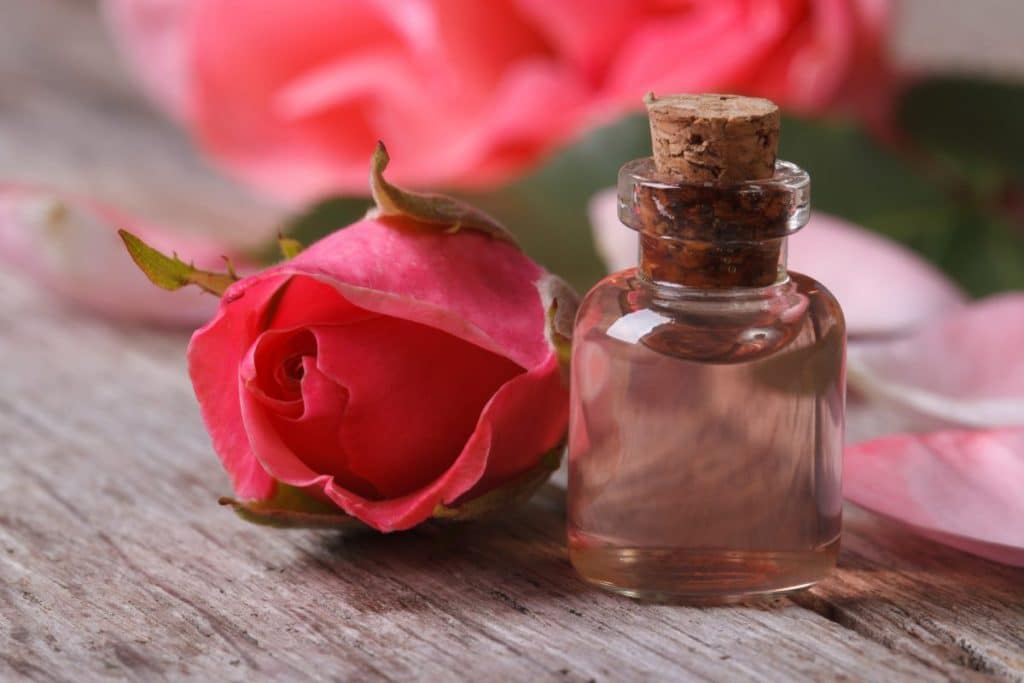
To use roses in your spiritual bath, you can add dried rose petals or a rose essential oil to the bath water. Just be sure to use caution when adding essential oils to the bath, as they can be potent and irritate the skin if used in large amounts.
Sage: The Purifying Herb
Sage is a powerful purifying herb that is often used in spiritual rituals and ceremonies. It can help to clear negative energy and promote a sense of clarity and focus.

To use sage in your spiritual bath, add a handful of dried sage leaves to a muslin bag or tea strainer and place it in the bath water. You can also create a sage infusion by steeping the herbs in hot water and adding the liquid to the bath.
Chamomile: The Soothing Herb
Chamomile is a gentle herb that is known for its calming and soothing properties. It can help to relax the mind and promote a sense of inner peace.
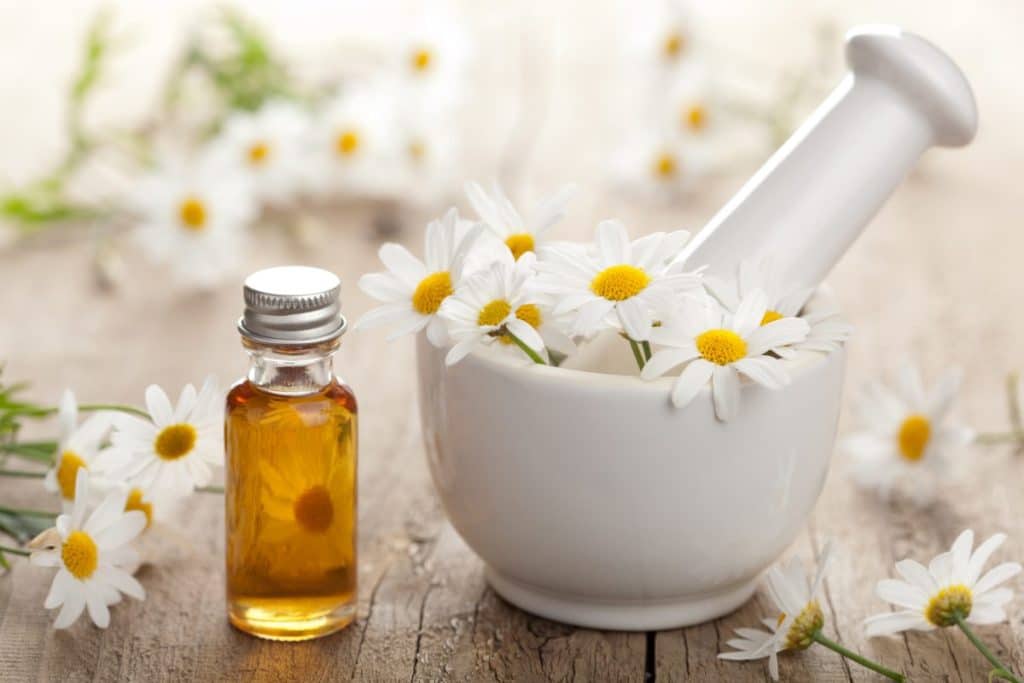
To use chamomile in your spiritual bath, add a handful of dried chamomile flowers to a muslin bag or tea strainer and place it in the bath water. You can also create a chamomile infusion by steeping the herbs in hot water and adding the liquid to the bath.
Jasmine: The Sensual Flower
Jasmine is a fragrant flower that is associated with sensuality and passion. It can help to open the heart chakra and promote feelings of love and connection.
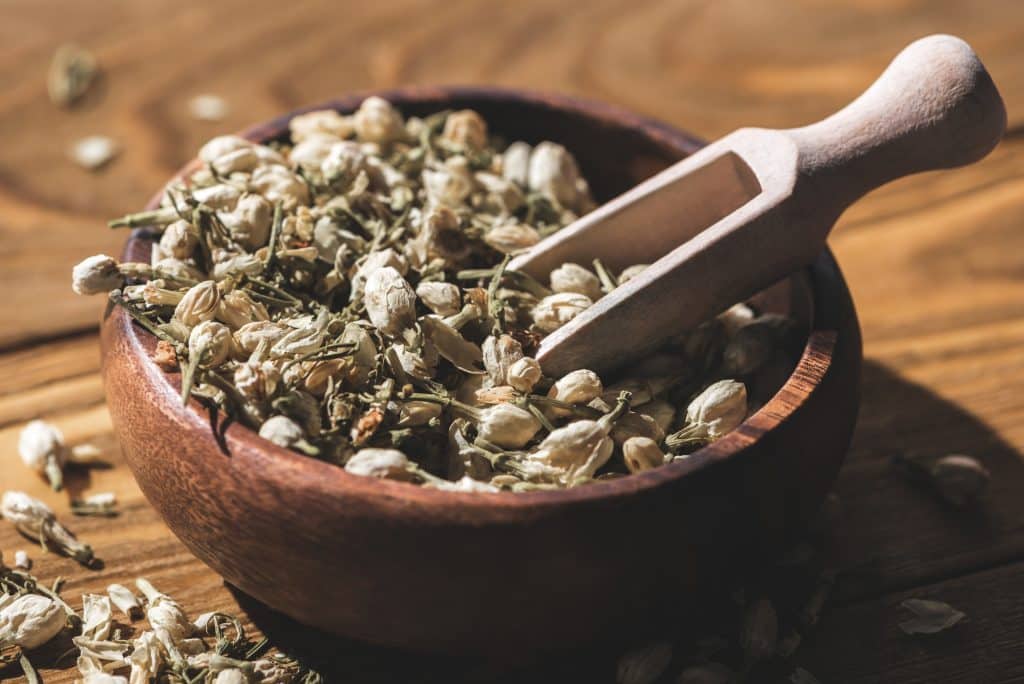
To use jasmine in your spiritual bath, add dried jasmine flowers or a jasmine essential oil to the bath water. Just be sure to use caution when adding essential oils to the bath, as they can be potent and irritate the skin if used in large amounts.
Basil: The Uplifting Herb
Basil is an uplifting herb that is known for its refreshing and energizing properties. It can help to clear the mind and promote a sense of focus and clarity.
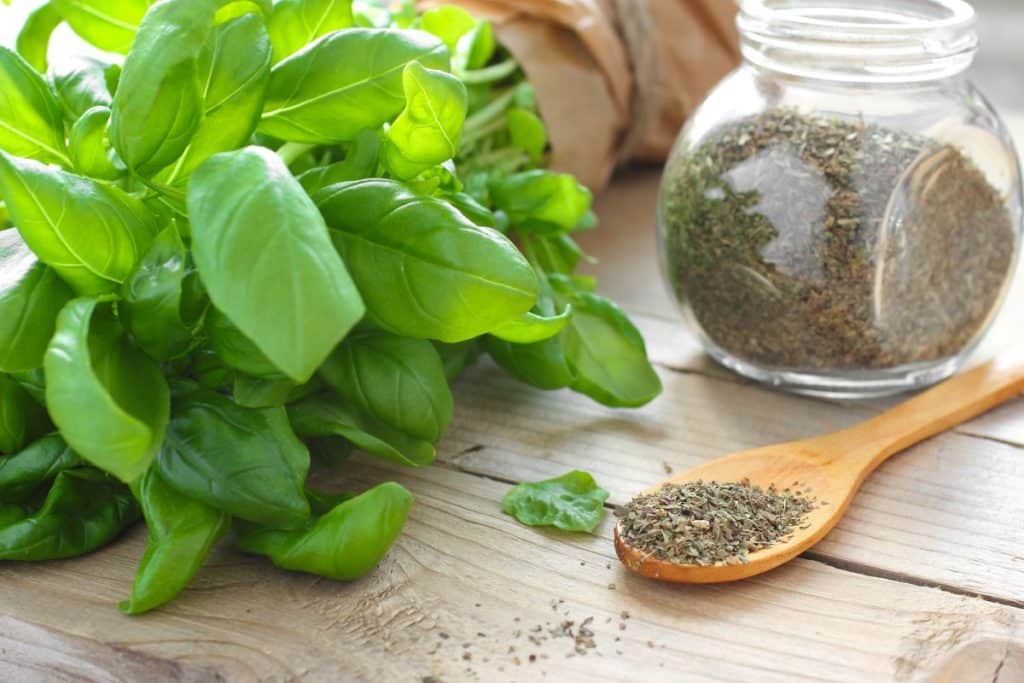
To use basil in your spiritual bath, add a handful of dried basil leaves to a muslin bag or tea strainer and place it in the bath water. You can also create a basil infusion by steeping the herbs in hot water and adding the liquid to the bath.
Peppermint: The Refreshing Herb
Peppermint is a refreshing herb that is known for its invigorating and energizing properties. It can help to clear the mind and promote a sense of focus and clarity.
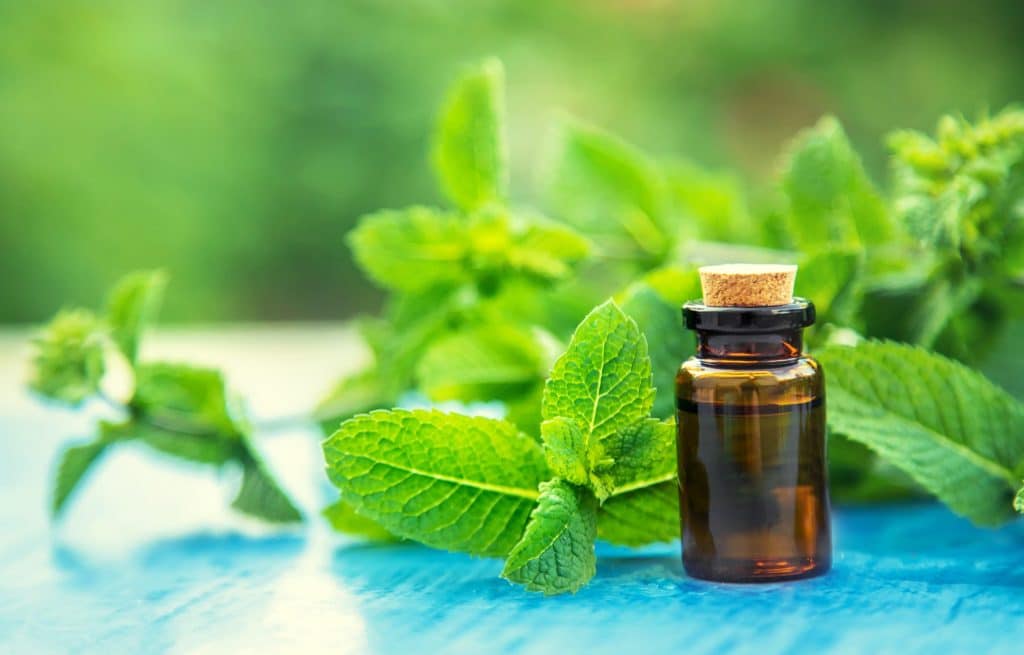
To use peppermint in your spiritual bath, add a handful of dried peppermint leaves to a muslin bag or tea strainer and place it in the bath water. You can also create a peppermint infusion by steeping the herbs in hot water and adding the liquid to the bath.
Tips for Incorporating Herbs into Your Spiritual Bath Practice
Now that we’ve explored some of the best herbs for a peaceful and uplifting spiritual bath experience, let’s take a look at some tips for incorporating these herbs into your practice:
- Start small: When using herbs in your spiritual bath, it’s important to start small and gradually increase the amount as needed. Some herbs can be potent and may irritate the skin if used in large amounts.
- Use caution with essential oils: Essential oils are highly concentrated and can be irritating to the skin if used in large amounts. Be sure to use caution when adding essential oils to your spiritual bath, and always dilute them in a carrier oil before adding them to the water.
- Experiment with different herbs: Different herbs will have different effects on the body and mind. Experiment with different herbs to find the ones that resonate with you and bring you closer to your spiritual goals.
- Create a sacred space: Your spiritual bath should be a sacred space for reflection and connection. Consider creating a peaceful atmosphere by dimming the lights, playing calming music, and setting intentions for your bath before you get in.
- Be mindful of your hydration: It’s important to stay hydrated during your spiritual bath practice, especially if you are using herbs that may have a diuretic effect. Be sure to drink plenty of water before and after your bath to stay hydrated and avoid any negative effects on your body.
Incorporating herbs into your spiritual bath practice can be a powerful way to connect with your higher self and find inner peace.
Experiment with different herbs to find the ones that resonate with you and enhance your spiritual journey.





